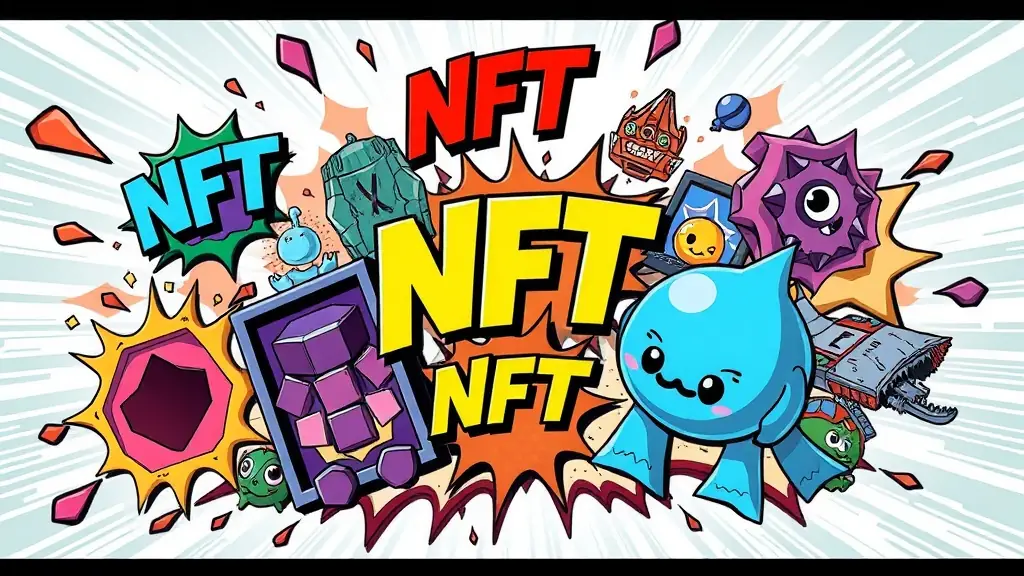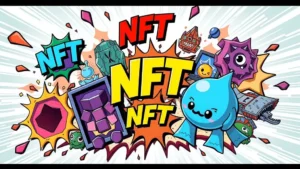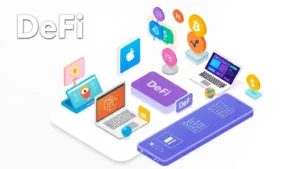Non-fungible tokens (NFTs) have taken the world by storm, primarily recognized for their role in the digital art market. However, the potential applications of NFTs extend far beyond mere collectibles. By providing a unique digital signature for assets, NFTs can represent ownership of anything from real estate to music rights, fundamentally changing how we perceive ownership in the digital age. This versatility opens up new opportunities for creators and consumers alike, fostering a more vibrant and diverse marketplace.
One of the most exciting aspects of NFTs is their ability to empower artists and creators by providing them with new revenue streams. Through smart contracts, artists can earn royalties on secondary sales, ensuring they benefit from the ongoing value of their work. Additionally, NFTs can facilitate community engagement by allowing fans to own a piece of their favorite projects, creating a sense of belonging and investment in the success of the creator. This shift not only enhances the relationship between creators and their audiences but also democratizes access to art and culture.
As the NFT space continues to evolve, it is essential to consider the environmental impact of blockchain technology. Many projects are exploring sustainable alternatives to traditional proof-of-work systems, aiming to reduce their carbon footprint. By prioritizing eco-friendly practices, the NFT community can ensure that the benefits of this innovative technology are realized without compromising the health of our planet. The future of NFTs is bright, and their potential to transform various industries is just beginning to be explored.




